Selecting a Colocation Provider | Managed Hosting Services

Third-party colocation facilities are an excellent solution to augment data center space and eliminate the need for significant capital expenditures for IT infrastructure and additional sites. Many colocation services sound the same, so it is easy to assume all providers are alike, but that is not the case. IT leaders need to carefully consider seven key factors when selecting a colocation partner to avoid unnecessary costs and unfavorable contracts.
Connectivity Options
Start by looking for a provider that offers multiple connectivity options. Routing traffic over the Internet is fine for some applications while others require a more secure connection. Your ideal provider should offer both, along with connectivity to all your locations.
You want your provider to have an IP-based MPLS (multiprotocol label switching) network to ensure seamless integration at all your sites, including those that are using older legacy connections or alternative connectivity options such as wireless. Your provider should support VPN connections to ensure the security of your sensitive business data.
Look for QoS (quality of service) management to allow you to fine-tune network performance by setting priorities for various applications. Proper tuning can reduce latency and improve the performance of voice, video, and similar applications that are highly dependent on consistent connection speed.
SLAs
Some colocation providers overstate their capabilities in their marketing literature. The promised speeds and uptime performance are not consistent with the SLAs in their agreements. Many in-house IT groups overestimate the uptime of their on-site data centers, although few of them actually measure it, so don’t worry about claims of increased downtime. Consider anything between 99.5 and 99.999 to be acceptable.
Be sure you understand escalation policies for support issues and the level of service you can expect. Have a firm grasp on what constitutes the different levels of support categories, and make sure you can live with both the response and resolution times spelled out in the agreement.
Security and Certifications
In addition to supporting a VPN connection, your colocation partner should take strong measures to ensure network security. The data centers should have CCTV, live monitoring or perimeter fencing to keep unauthorized connections out. The data center itself should have physical security such as locked doors and limited access provided by two-phase or biometric security techniques.
Depending on your business, you will want to ensure that the data center security conforms to industry standards. Some standards to look for include:
- HIPAA: sensitive patient information
- PCI: credit card processing
- NIST 800-53: federal information systems
- FERPA: student information
It goes without saying that the data centers should be using strong next generation firewalls and modern anti-virus, anti-malware and intrusion detection and logging solutions. Also ensure that the data center’s procedures conform to industry standards such as SSAE16, ISO 27001 or ANSI/TIA-942.
Management Portal
A colocation partner should provide a management portal for your IT team to review performance. The portal should provide 24X7 access from any device, and be useful for communication with the data center team as well as monitoring performance.
Expertise
If the data center team has experience with your organization’s most vital business applications, it helps to ensure that they can diagnose and solve the simpler problems on their own. It may also mean that they have relationships with the application providers that can get priority service in the event of serious issues. Look for expertise beyond the basic IT skills of many data centers.
Locations
One of the benefits of colocation is having your data in a secure location away from your place of business. This helps provide a layer of protection in the event of natural disasters or acts of terrorism. Make sure the provider has regionally dispersed data centers that provide redundancy and failover capability if one of its sites goes down.
Finding the Best IT Solutions for Your Business
With increased power requirements, tight capital markets, complicated compliance standards and finding the resources to support your IT environment, hosting your own data, systems and applications is a challenge. With eight data centers, OneNeck can grow with your business as your needs change and ensure your IT system is operating at peak efficiency. Whether you are looking for colocation, managed services or to move your entire infrastructure to the cloud, One Neck can help you understand the best solutions for your needs to free up IT resources so your staff can focus on strategic business initiatives. For a free evaluation of your colocation requirements, contact OneNeck today.




